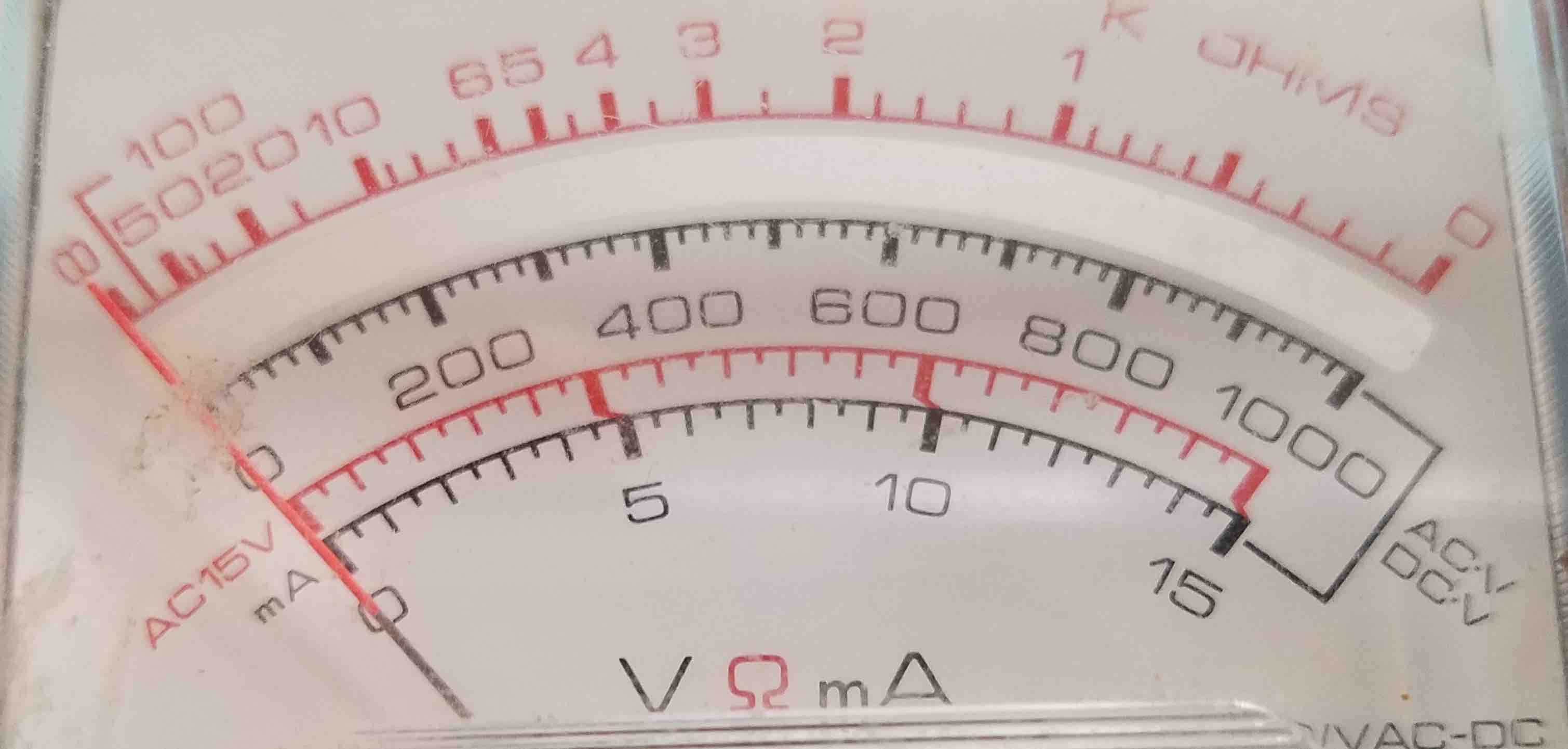Does infinity exist in either terms of structure, parameters, or measurement in any physical systems?
Infinity does definitely not exist in terms of measurement. (And thus also not in measured values of parameters.)
I had a look through some of the books on my shelf and found only two rather short remarks on this in Gerthsen: Physik and Martensen: Analysis 1, both saying in their first chapter that when measuring a continuous quantity there will always be an error/the measured value will not be exact. Both do not elaborate further, but it's obvious, really: Measurement will always be made with finite accuracy, limited, amongst other things, by storage capacity for numbers, finite measuring times etc. (If you want to contest that statement, try writing down a Googolplex or Graham's number, for a start.)
Infinity does, however, exist in terms of structure or parameters if what you are referring to with this is the mathematical model. I don't think I need to give a particular example, they are more or less everywhere, not least because of the success story of infinitesimal calculus.
Case closed, I would say.
Addendum: Here, of course, I mean infinity in a mathematical sense. Cf. e.g. https://philosophy.stackexchange.com/a/52589. Everything else becomes a question about the use of language, about the term "infinity".
(And with a question like
Can infinity have any real connection with reality?
you'd be more at home on philosophy.stackexchange.com. Although, in my personal opinion, you'd be wasting your time.)
For example, I could talk to you about "die unendlichen Weiten der Pampa" ("the infinite vastness of the (Argentinian) Pampas", in my mother tongue) while not meaning mathematical infinity. What I'd be referring to in this would be very close to concepts used in asymptotics: The extent of the Pampas is much larger than typical distances I am thinking in terms of, like how far my eyes can see or how far I can walk in a day, and thus in what I'm telling you maybe it isn't useful to put an exact number on it and I'll just figuratively call it infinite. Feels similar to using that $b$ is infinite or $a$ is zero, depending on what I need currently, in a model where $a \ll b$.

